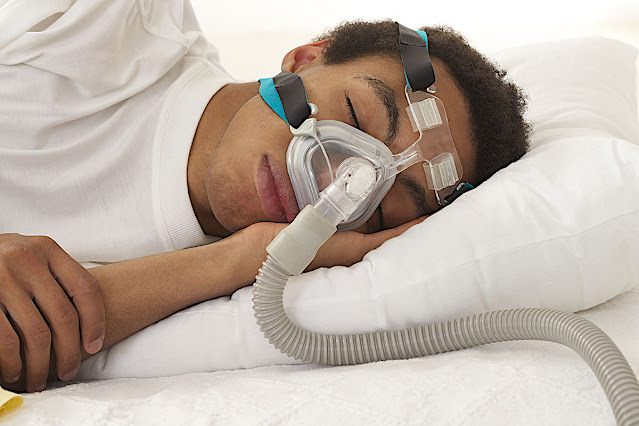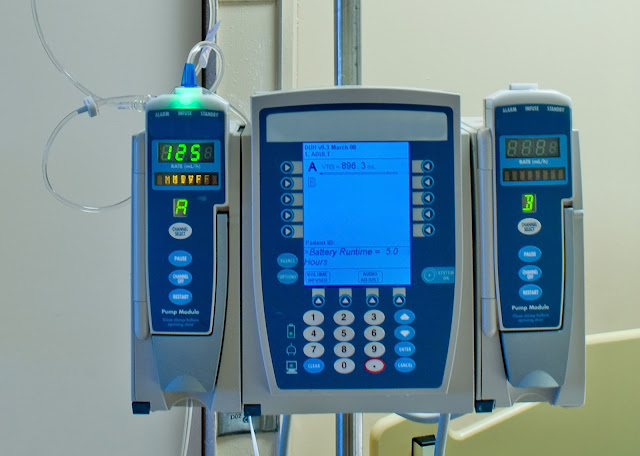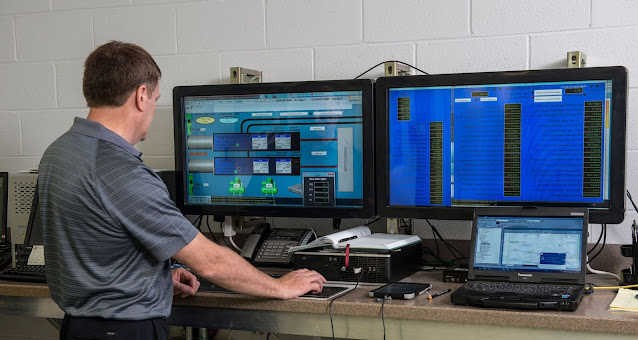Sleep Apnea Devices Are Helpful For Individuals To Maintain Regular Breathing Patterns During Sleep
 |
| Sleep Apnea Devices |
A sleep disorder called sleep apnea is characterized by
breathing pauses or episodes of shallow or infrequent breathing while you're
asleep. It can have serious health consequences if left untreated, such as
daytime fatigue, cardiovascular problems, and increased risk of accidents. To
address this condition, various Sleep
Apnea Devices have been developed to help individuals maintain regular
breathing patterns during sleep and improve their overall sleep quality. One commonly used device is the
continuous positive airway pressure (CPAP) machine. CPAP machines consist of a
mask that covers the nose and/or mouth and delivers a continuous flow of
pressurized air into the airways. This airflow helps to keep the airways open,
preventing the collapse that occurs during sleep apnea episodes.
The variable pressure levels of BiPAP can make breathing more
comfortable, especially for those with certain respiratory conditions. In recent years, technological
advancements have led to the development of innovative Sleep Apnea
Devices, such as
adaptive servo-ventilation (ASV) machines. By maintaining a steady flow of air, CPAP machines
effectively reduce or eliminate snoring and improve breathing patterns
throughout the night. Another type of sleep apnea device is the bilevel positive airway
pressure (BiPAP) machine. Similar to CPAP, BiPAP machines deliver pressurized
air to the airways, but they provide different pressure levels for inhalation
and exhalation. BiPAP machines are often prescribed for individuals who have
difficulty exhaling against the constant pressure of a CPAP machine.
ASV devices continuously monitor breathing patterns and
adjust pressure levels accordingly, providing personalized therapy to
individuals with complex sleep apnea conditions. These devices are particularly
useful for individuals with central sleep apnea, a less common form of the
disorder characterized by a lack of respiratory effort during sleep. It is important to note that the
selection of a sleep apnea device should be made in consultation with a
healthcare professional. They can assess the severity of the condition,
individual needs, and any underlying health considerations to determine the
most suitable device. Proper usage and regular follow-up with a healthcare
provider are essential for maximizing the benefits of Sleep Apnea Devices and ensuring their effectiveness over time.
Sleep Apnea Devices have revolutionized the treatment of sleep
apnea, providing relief to millions of individuals worldwide. By improving
breathing patterns and enhancing sleep quality, these devices play a vital role
in managing the symptoms of sleep apnea and reducing associated health risks.
If you suspect you may have sleep apnea, it is advisable to seek medical
attention and explore the potential benefits of these devices under
professional guidance.



Comments
Post a Comment